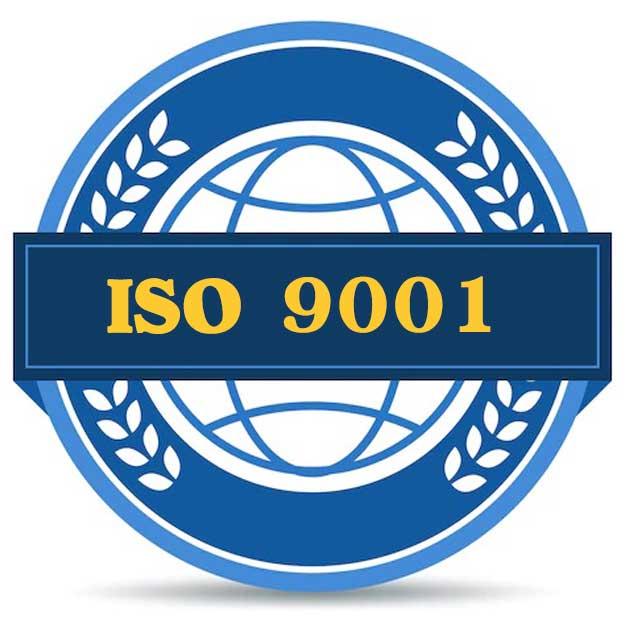
ISO 9001 is a globally recognized standard for quality management systems that provides a framework for organizations to ensure that their products and services meet the expectations of customers and stakeholders. This standard is applicable to all industries and organizations, regardless of size or nature.
If your organization is considering implementing an ISO 9001 quality management system, or is planning to obtain certification, then this article is for you. Here is the ultimate guide to ISO 9001 certification.
What is ISO 9001? ISO 9001 is a set of standards developed by the International Organization for Standardization (ISO) that outlines the requirements for a quality management system. The standard provides a framework for organizations to establish, implement, maintain and continuously improve a system for managing quality. This includes ensuring that customer requirements are met, and that the products and services provided by the organization are of high quality.
The ISO 9001 standard is based on a set of quality management principles, including customer focus, leadership, engagement of people, process approach, improvement, evidence-based decision making, and relationship management.
What are the benefits of ISO 9001 certification?
ISO 9001 certification offers a number of benefits to organizations, including:
- Increased customer satisfaction: By implementing a quality management system that meets the ISO 9001 standard, organizations can ensure that their products and services meet the expectations of their customers.
- Improved efficiency: ISO 9001 certification requires organizations to identify and address areas for improvement, resulting in increased efficiency and productivity.
- Enhanced reputation: ISO 9001 certification is a globally recognized mark of quality, and can enhance an organization’s reputation in the marketplace.
- Better risk management: ISO 9001 certification requires organizations to identify and address risks to their operations, reducing the likelihood of quality issues and other problems.
- Improved decision making: ISO 9001 certification requires organizations to use evidence-based decision making, leading to better-informed and more effective decision making.
How to obtain ISO 9001 certification?
Obtaining ISO 9001 certification involves the following steps:
- Conduct a gap analysis: Organizations should conduct a gap analysis to identify any areas where their current quality management system does not meet the requirements of the ISO 9001 standard.
- Develop a quality management system: Organizations must develop a quality management system that meets the requirements of the ISO 9001 standard.
- Implement the quality management system: Organizations must implement their quality management system, ensuring that all processes and procedures are followed.
- Conduct internal audits: Organizations must conduct internal audits of their quality management system to identify areas for improvement.
- Obtain certification: Organizations must engage an accredited certification body to conduct an external audit of their quality management system and issue certification if the system meets the requirements of the ISO 9001 standard.
In conclusion, ISO 9001 certification is a valuable tool for organizations seeking to improve the quality of their products and services, enhance customer satisfaction, and improve their overall performance. By following the steps outlined in this article, organizations can obtain ISO 9001 certification and reap the benefits that it provides.


